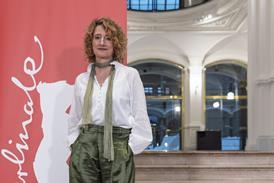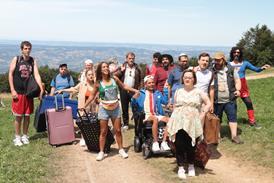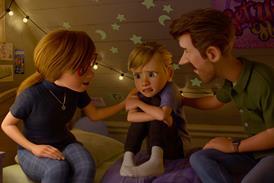But he has replaced the censored scenes with silent scratched black film which amount to about 15 minutes with the longest such scene running for seven minutes.
The first censorship committee demanded for four scenes to be cut and two more were added after the second appeal.
According to the film's UK executive producer Keith Griffiths, the second censorship committee said that 'the film not only depicted Thai society in a bad light' and 'the filmmaker's parents (the film was partly made as a tribute to them) should feel ashamed that their son exposed them in such a bad, distasteful and un-artful manner'. However, 'a monk seen playing a guitar was acceptable, because foreign viewers might conclude that the monk was not from Thailand, but from Laos or Burma'.
Apichatpong intends to present the committee's comments at the start of the film. This special print will be donated to the Thai National Film Archive after its theatrical release.
Apichatpong has been battling with Thai censors for more than a year. Commissioned under the New Crowned Hope project, the picture received its world premiere at Venice in 2006 and has since travelled to many festivals, including Toronto, London, Hong Kong and Singapore. It was selected by many critics worldwide as one of their top ten choices of the year and was one of the five short-listed for the BBC's World Cinema Awards.





















No comments yet